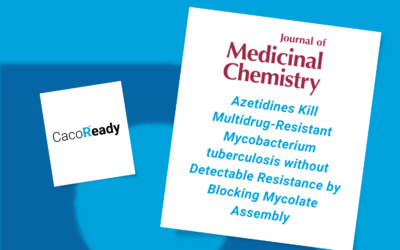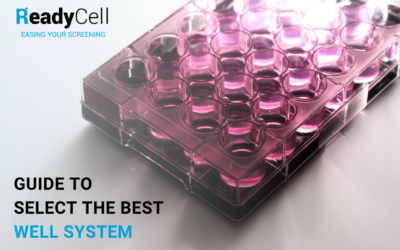The multidrug resistance protein 1, MDR1 is an efflux transporter that plays an important role in pharmacokinetic activity. This transmembranal transporter regulates the absorption, excretion, and distribution of xenobiotic compounds from the body. MDR1, also known as the P-gp receptor, is expressed in several tissues, such as the blood-brain barrier, liver, kidney cells and intestinal epithelium.
Since P-gp substrates include a broad range of clinically important and structurally diverse drugs, evaluation of P-glycoprotein (P-gp) affinity is mandatory for new molecular entities and is typically conducted during preclinical development stages. One of the recommended screening methods to study tissular permeability and drug-drug interactions is through cell-based in vitro kits. The in vitro technique is based on Madin Darby Canine Kidney (MDCK) cells transfected with the MDR1 gene (ABCB1), the gene encoding for the efflux protein P-gp. Obtaining MCDK II cells that overexpressess the MDR1 efflux protein in cell membrane.
According to ADME specialists, MDCK II – MDR1 in vitro kits are mainly indicated for,
- Assessment of passive bidirectional transport to obtain pharmacokinetic knowledge for oral dose drug permeability in the intestinal tissue.
- Blood-brain barrier permeability diffusion to predict central nervous system metabolism.
- Evaluation of drug-efflux kinetics through the MDR1 receptor, which emulates P-gp expressing tissues’ mechanisms.
- Drug-drug interaction studies that characterize pharmacological relevant MDR1 receptor affinity.
Main regulatory agencies require to evaluate MDR1 interactions due to their clinical importance in the absorption and disposition of drugs. Therefore, initial in vitro assessments are used to predict DDI potentials, aiding the development of an MDR1 transporter-based clinical drug interaction strategy.
PreadyPort-MDR1 ready-to-use kit is an innovative cell-based in vitro system for evaluating novel compounds’ metabolism, optimizing drug development, and preventing undesired side effects during later clinical stages.
ReadyCell develops high-performance in vitro kits specially designed for ADME-Tox assays. In case you need more detailed information, contact: reagents@readycell.com





